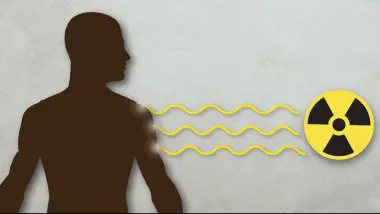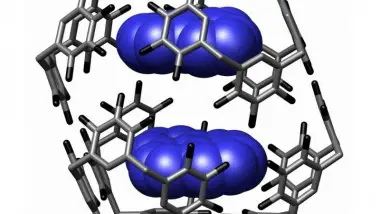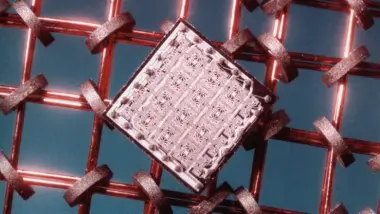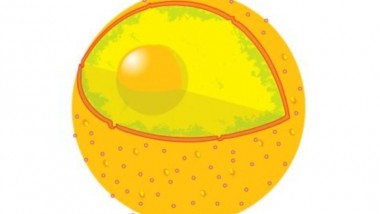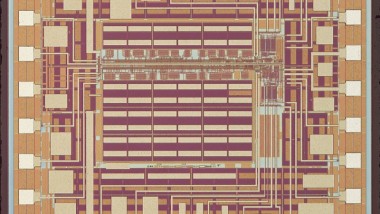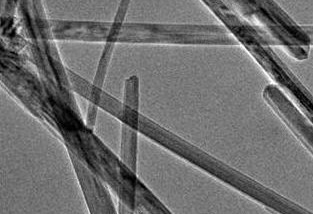Ever since cell phones were invented people have spread rumors and gathered research on the topic, specifically around cell phones and brain cancer. Since cell phones emit a certain amount of radiation, and since they’re on our ears a lot, ...
Nanoscale Transistors Probe Cells
Scientists from Harvard University recently introduced a unique method to probe interior cells. Their design consists of ultra-small wires and transistors, sensitive enough to respond to various biological changes, thus measuring biochemical elements. A new device, small enough to be ...
Slowing Cancer Metabolism
Researchers at the Massachusetts Institute of Technology and Harvard University in Cambridge, Massachusetts are exploring new cancer drugs that work to slow or block cancer metabolism, effectively starving cancer cells to death. According to their study, the scientists identified a ...
New ‘Smart’ Nanocapsule Delivery System
Researchers at the UCLA Henry Samueli School of Engineering and Applied Science have recently developed a new intracellular delivery platform that uses nanocapsules. These tiny capsules are made up of a single-protein core and has a thin polymer shell; thanks ...
Improving Chip Memory by Stacking Cells
Scientists at Arizona State University have recently announced an original method of significantly improving the memory capacity of electronic chips. Their technique, based on ionic memory technology, is very efficient since it relies on existing electronic materials, thus maintaining manufacturing ...
A Cell’s ‘Cap’ of Bundled Fibers
Researchers from the Johns Hopkins Engineering in Oncology Center have recently shown that in healthy cells, a bundled ”cap” of thread-like fibers holds the cell’s nucleus in its proper place. The nucleus includes the cell’s genetic storehouse, and understanding the ...
Improving Chip Memory by Stacking Cells
Scientists at Arizona State University have recently announced a novel method to significantly improve the memory capacity of electronic chips. Their technique, basing on “ionic memory technology,” is especially efficient since it relies on existing electronic materials, thus maintaining manufacturing ...
Counting Cells
Scientists from MIT and Boston University have developed biological cells that can count and ‘remember’ cellular events by creating simple circuits through a series of genes that are activated in a precise order. These circuits, which the scientists say simulate ...
Air-Fueled Battery
Researchers from the University of St. Andrews have collaborated with partners from Strathclyde and Newcastle to create an innovative air-fueled battery that has ten times the energy of conventional batteries. This increased performance could pave the way for green energy ...
A Key to Brain Cell Vulnerability
Researchers at the University of Florida have discovered an enzymatic switch that allows some cells to live and leaves nearby cells to die. These results may be a key discovery in the fight against Alzheimer’s disease. The researchers found an ...

